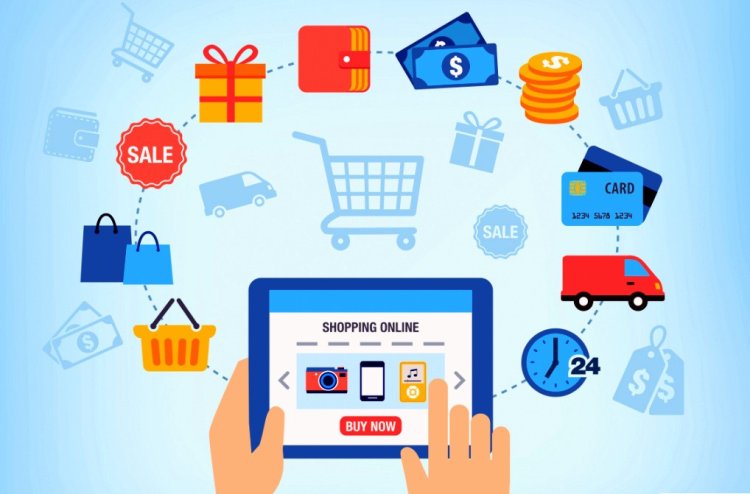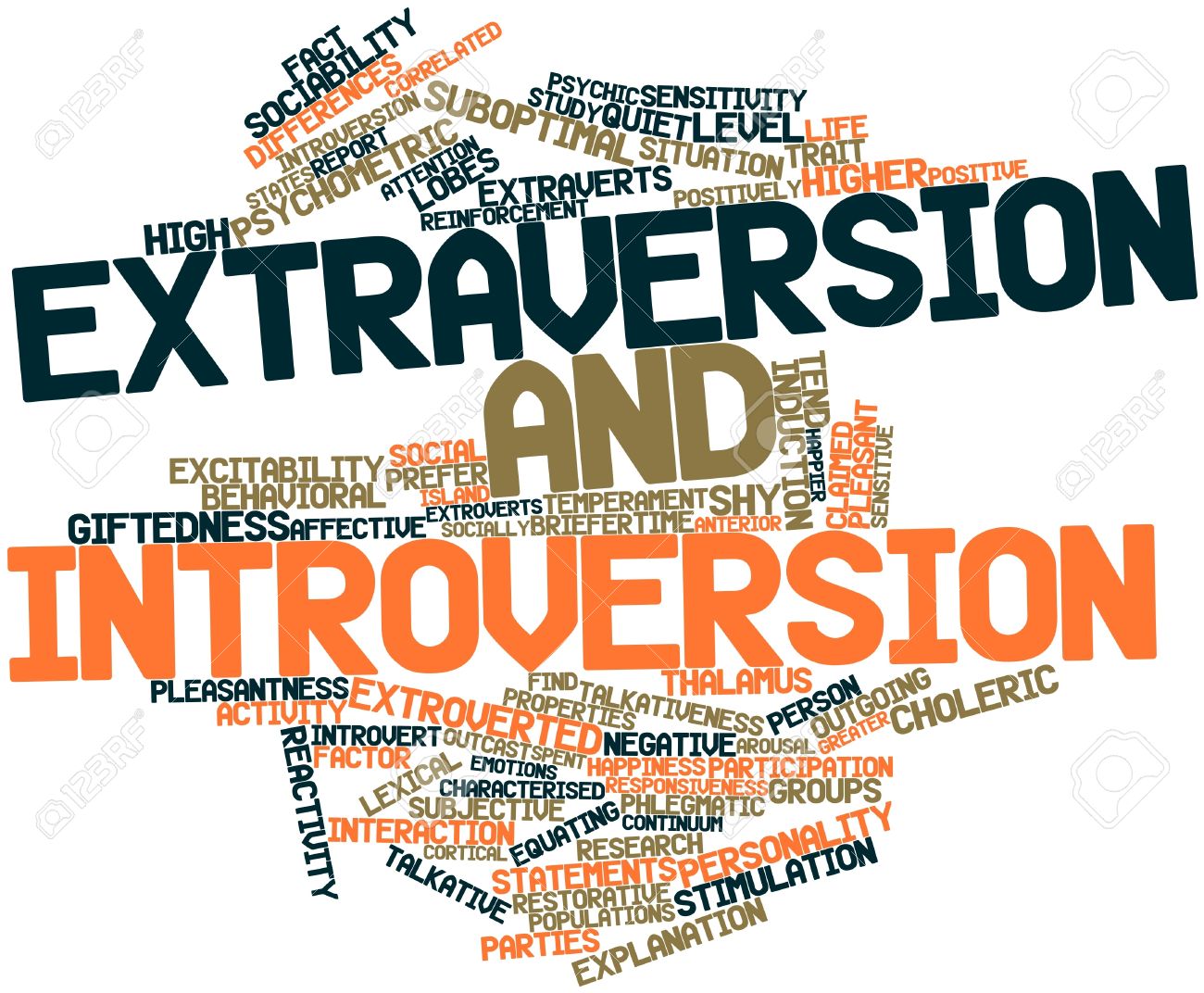Mastering Ecommerce Marketing: Strategies for Success
Maximize online sales with proven ecommerce marketing strategies. From SEO to social media, unlock success for your digital store.

Hello, ecommerce enthusiasts! In today's interconnected world, the realm of online shopping is thriving like never before. To stand out in this competitive landscape, effective ecommerce marketing is key. Join me as we explore tried-and-true strategies that can help your online store flourish and connect with your target audience.
1. Create a User-Friendly Website
The foundation of successful ecommerce marketing lies in a user-friendly website. Ensure your site is visually appealing, easy to navigate, and responsive across various devices. Provide a seamless checkout process to reduce cart abandonment rates.
2. Optimize for Search Engines (SEO)
Boost your online visibility with strategic SEO practices. Conduct keyword research to identify terms relevant to your products, and optimize your product descriptions, meta tags, and images accordingly. Higher search engine rankings lead to increased organic traffic.
3. Leverage Social Media Platforms
Harness the power of social media to connect with your audience on a personal level. Utilize platforms like Facebook, Instagram, and Pinterest to showcase your products through engaging visuals and relatable content. Paid advertising can further amplify your reach.
4. Email Marketing for Customer Engagement
Stay engaged with your customers through email marketing campaigns. Send personalized product recommendations, exclusive offers, and informative content to keep your subscribers interested and eager to return to your online store.
5. Content is King
Create valuable and relevant content to establish your authority within your niche. Blog posts, how-to guides, and informative videos not only engage your audience but also improve your site's SEO and drive organic traffic.
6. Implement Influencer Collaborations
Partner with influencers who align with your brand values to amplify your reach. Influencers can authentically promote your products to their engaged audience, generating trust and driving potential customers to your online store.
7. Utilize Paid Advertising
Invest in pay-per-click (PPC) advertising to target specific keywords and demographics. Platforms like Google Ads and social media ads offer precise targeting options that can drive qualified traffic to your ecommerce website.
8. Offer Discounts and Promotions
Entice customers with special discounts, limited-time offers, and loyalty programs. These incentives can drive immediate sales and encourage repeat purchases, fostering customer loyalty.
9. Showcase Customer Reviews and Ratings
Displaying genuine customer reviews and ratings builds trust and credibility. Positive feedback from satisfied customers can influence potential buyers' decisions and lead to increased sales.
10. Analyze and Optimize
Constantly analyze your ecommerce marketing efforts using tools like Google Analytics. Monitor metrics such as conversion rates, bounce rates, and traffic sources. Use these insights to refine your strategies and improve your overall performance.
As the ecommerce landscape continues to evolve, adapting these strategies to your specific business and target audience is crucial. By consistently refining your approach and staying up-to-date with industry trends, your online store can thrive in the competitive world of ecommerce.
Wishing you ecommerce success and growth,
read also Unlocking Fluent English: Practical Tips to Improve Your Speaking Skills













